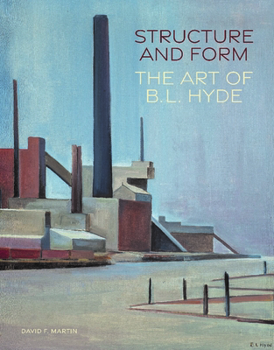Structure and Form: The Art of B. L. Hyde
A major rediscovery in the history of Northwest art
Beulah Loomis Hyde (1886-1983) was an important cultural figure in Tacoma, Washington, as both a contemporary painter and a patron of the arts. Growing up in the rugged Northwest environment, Hyde was an athletic individualist who defied the societal restrictions of her time. She signed her paintings with initials to conceal her gender from possible limitations or exclusionary practices.
Her early painting career was interrupted by the raising of three sons. After her sons matured, she returned to painting and expanded on her interest in modernism. In the 1930s, she began a series of paintings that utilized industrial and architectural subjects as her main themes. She developed a highly personal and sophisticated style that incorporated elements of precisionism, surrealism, and geometric abstraction.
Although Hyde was considered one of the more accomplished and progressive regional artists in the early to mid-twentieth century, her work has remained primarily in the collections of her descendants, unavailable to the general public. With the resurgence of interest in and scholarship on the accomplishments of American women artists, this book and the corresponding exhibition introduce and reexamine a major talent whose work transcends the boundaries of gender and regionalism.
Related Subjects
History




